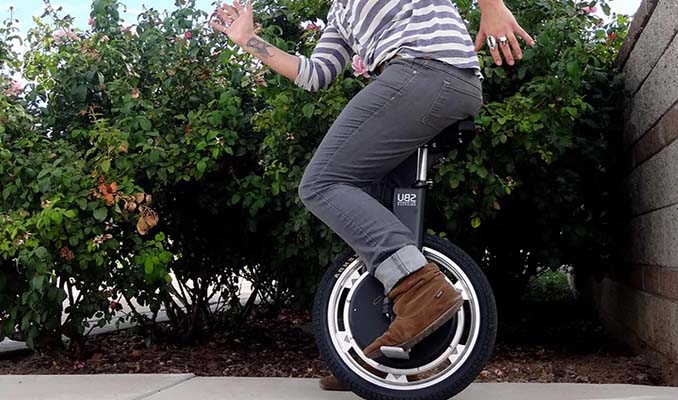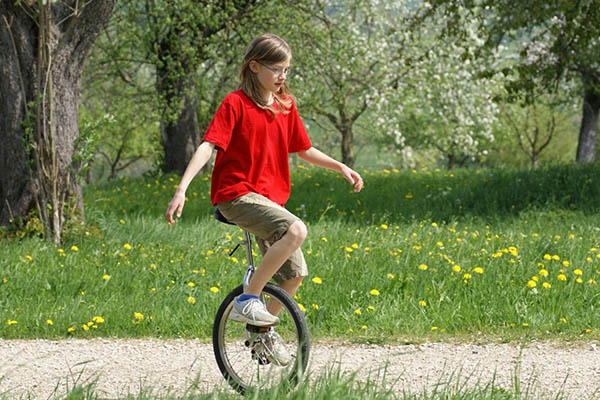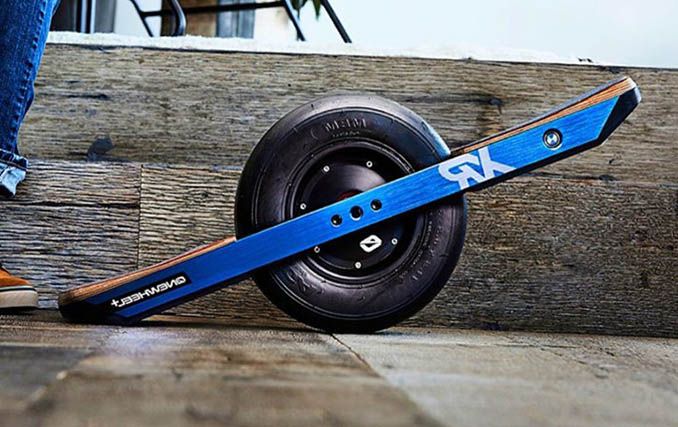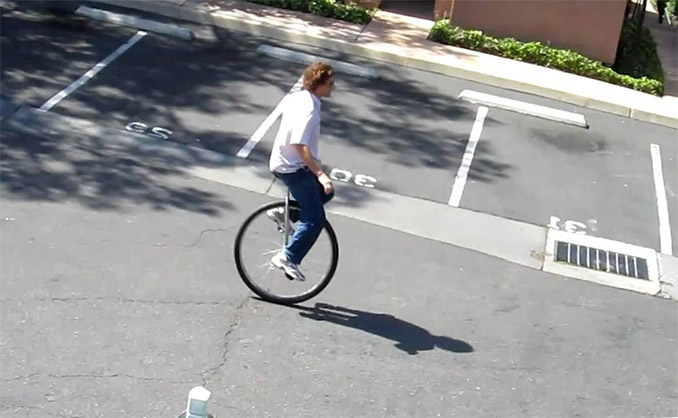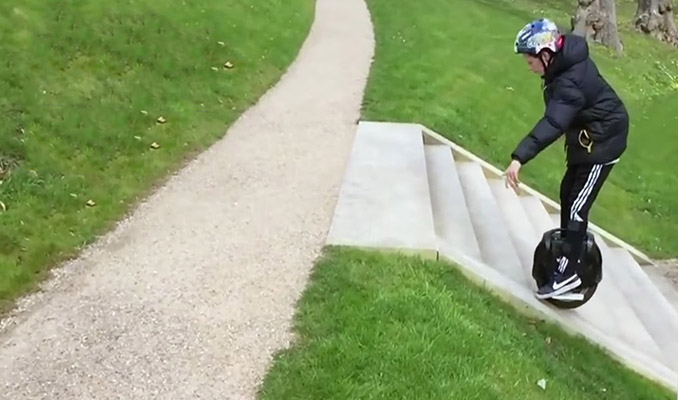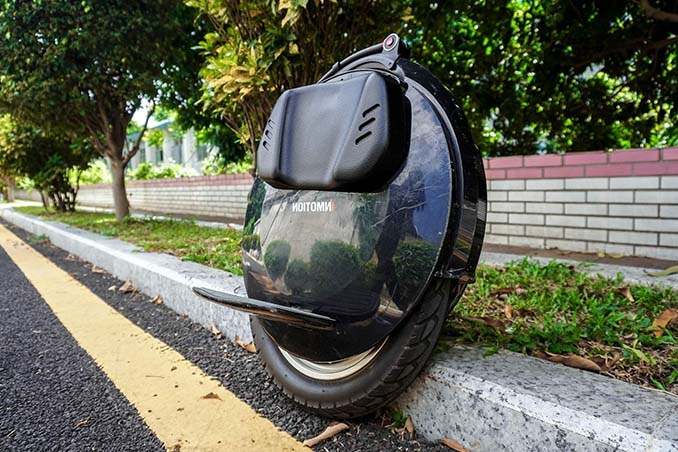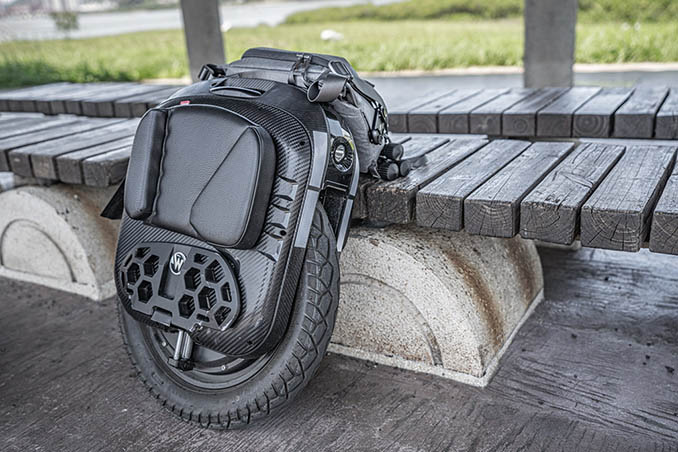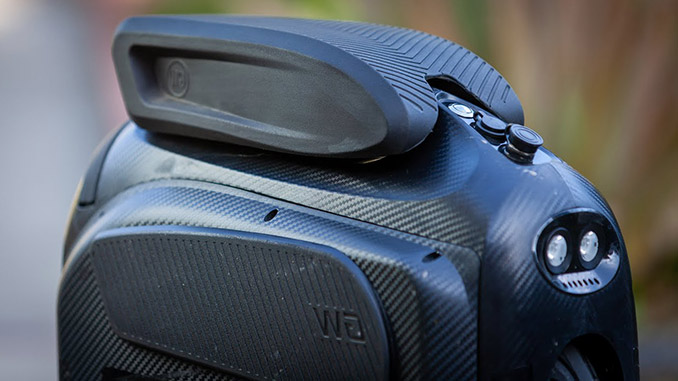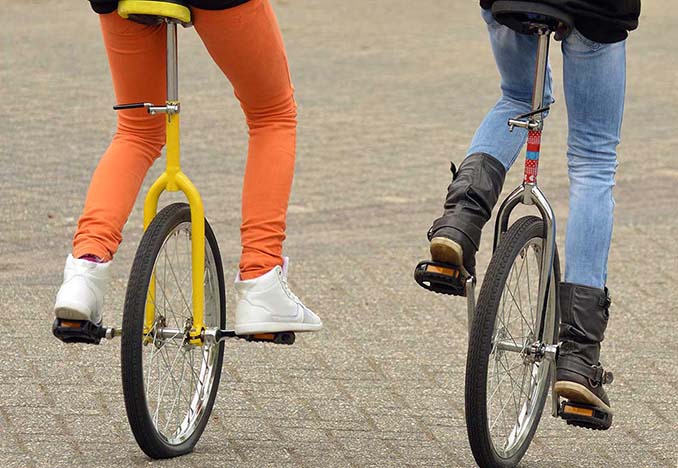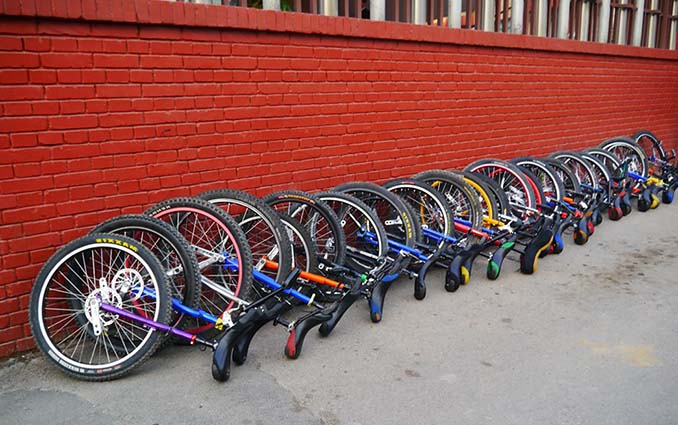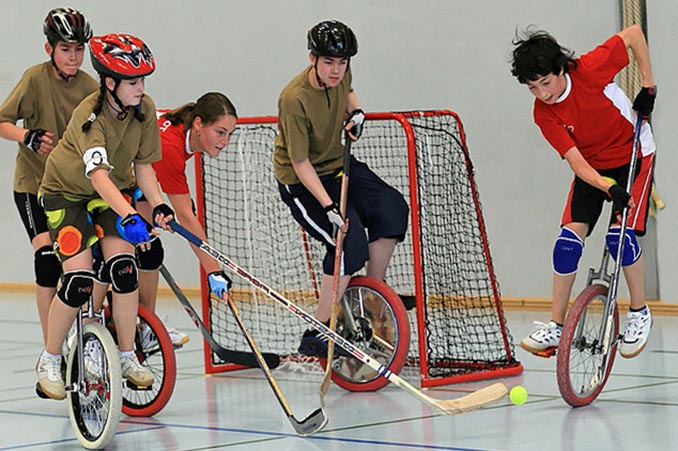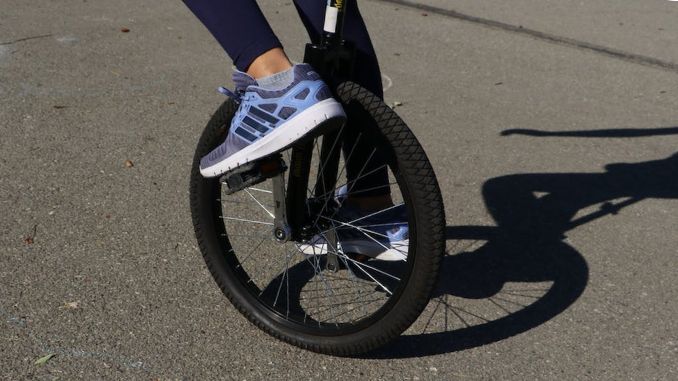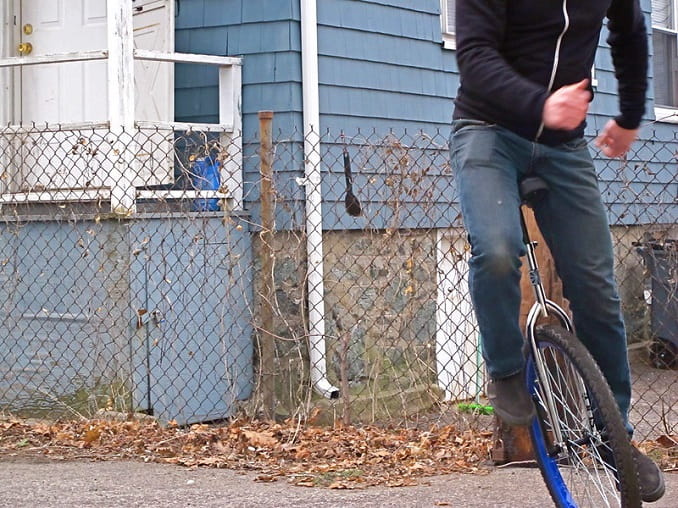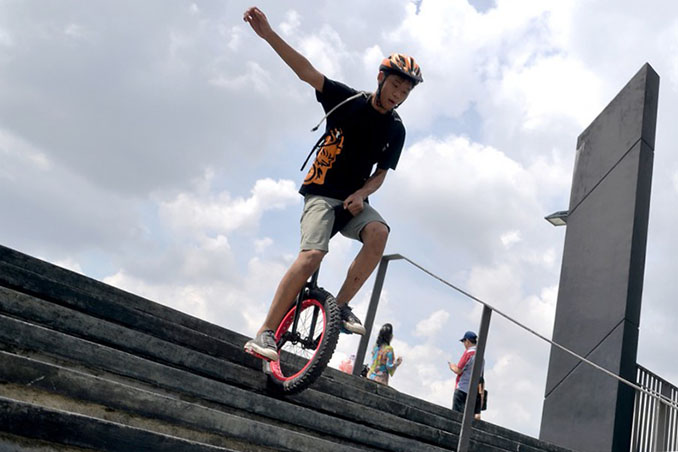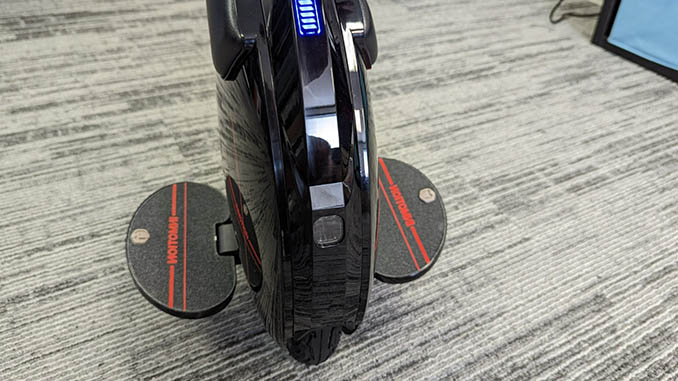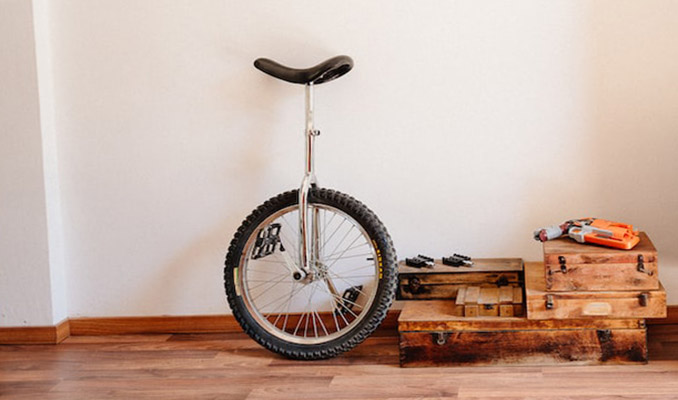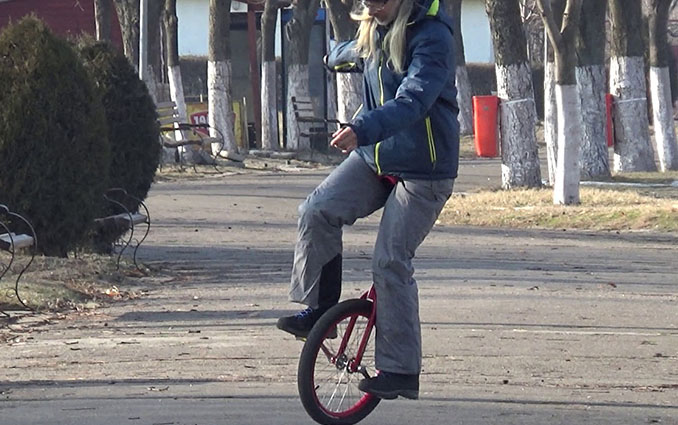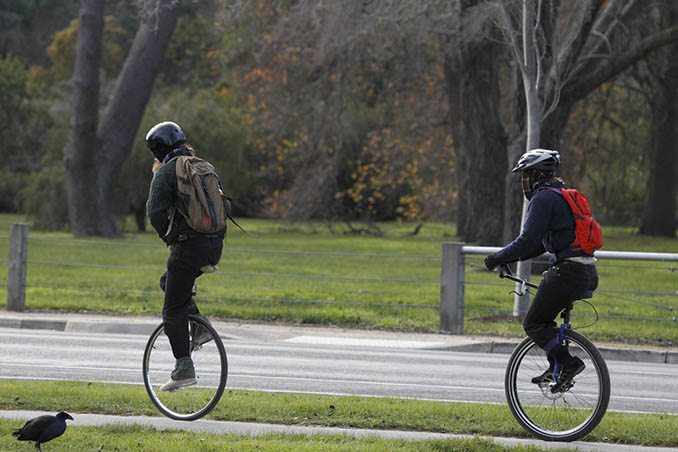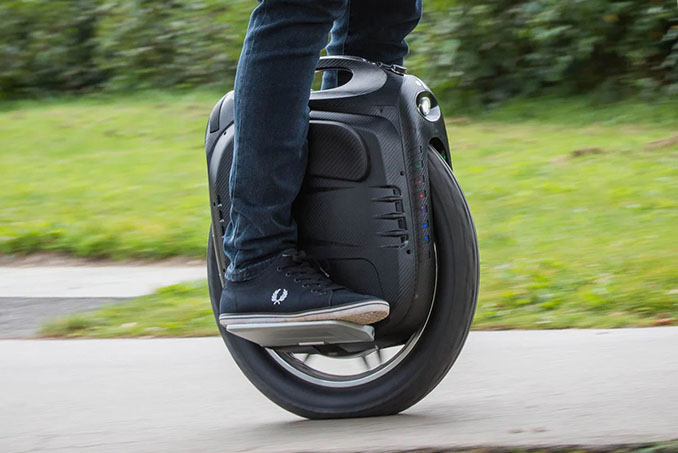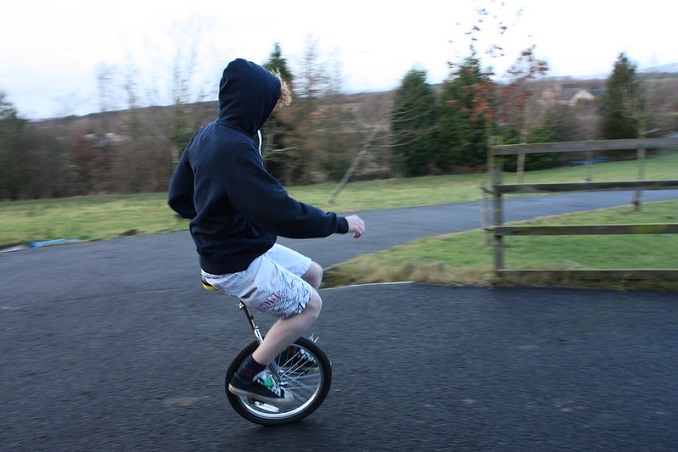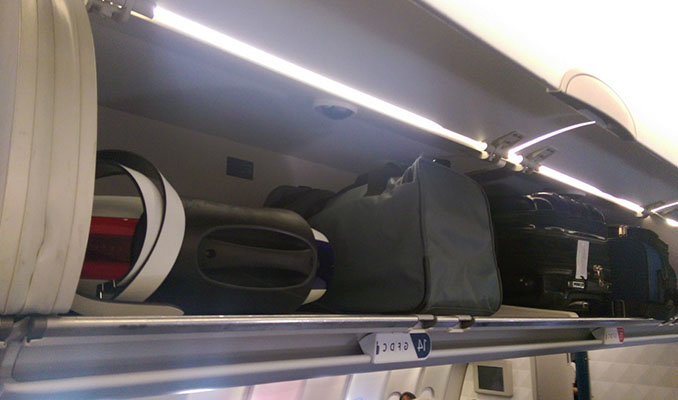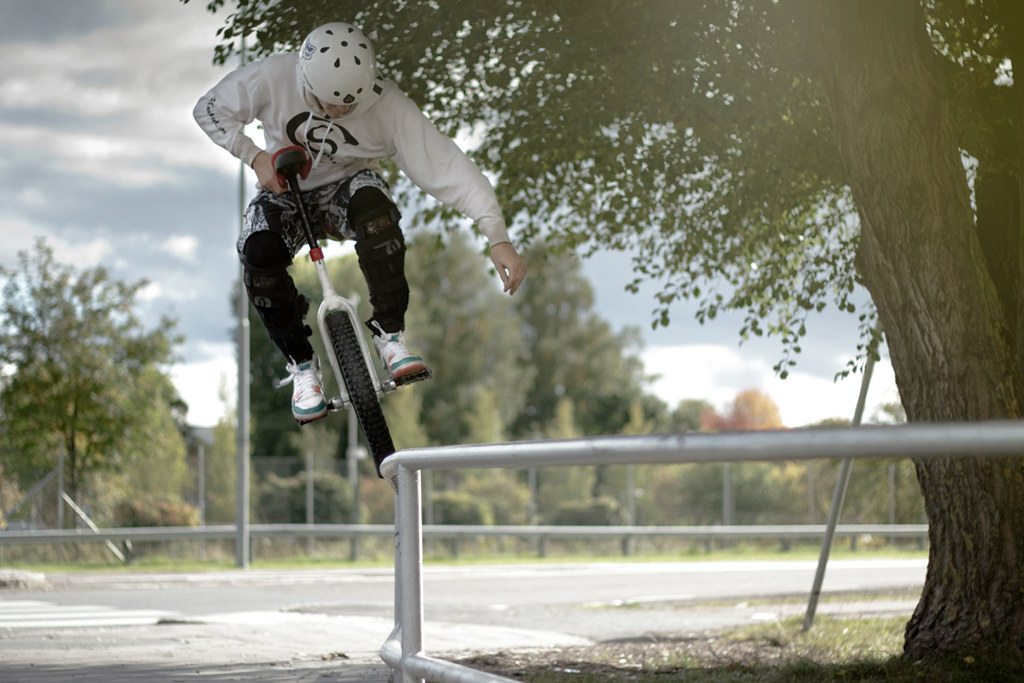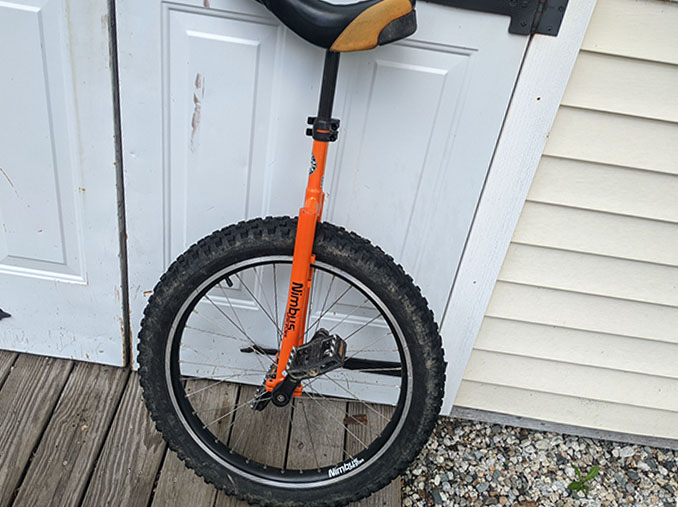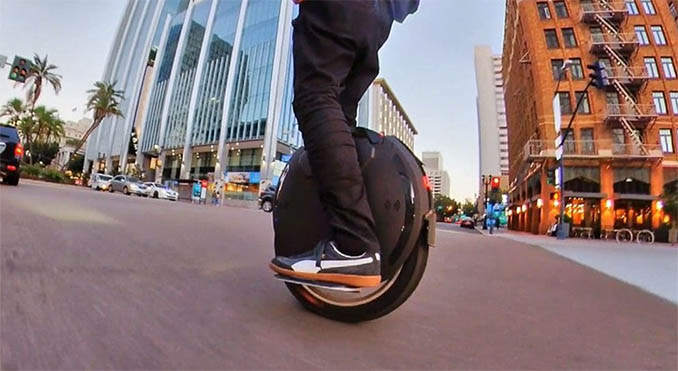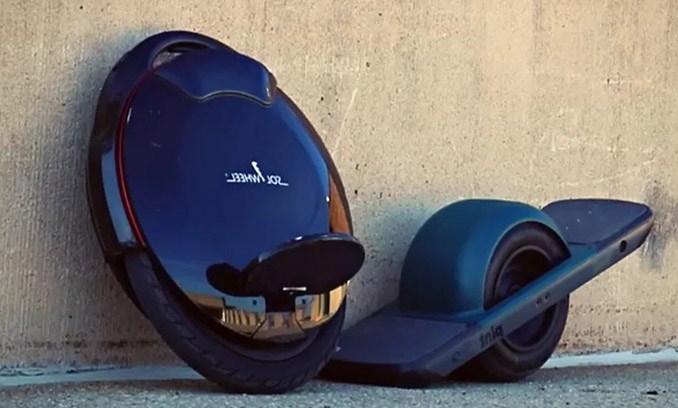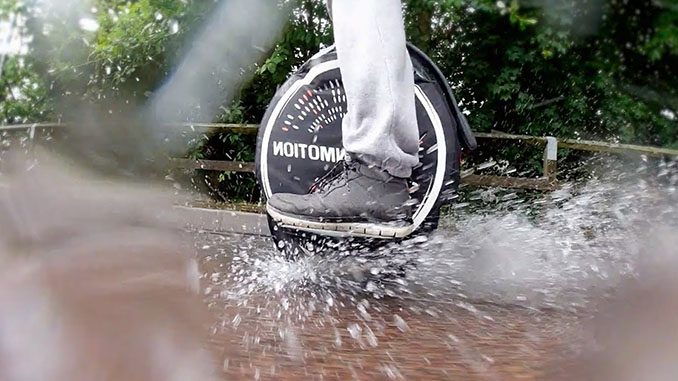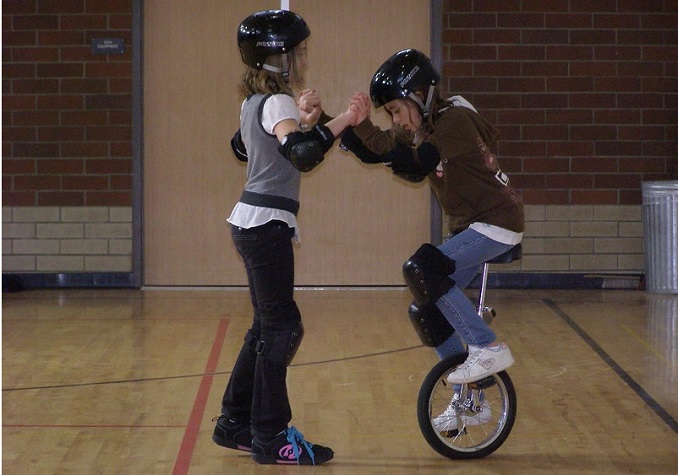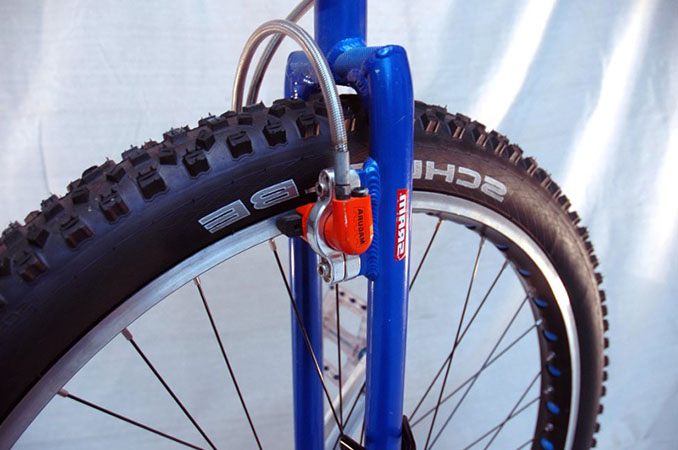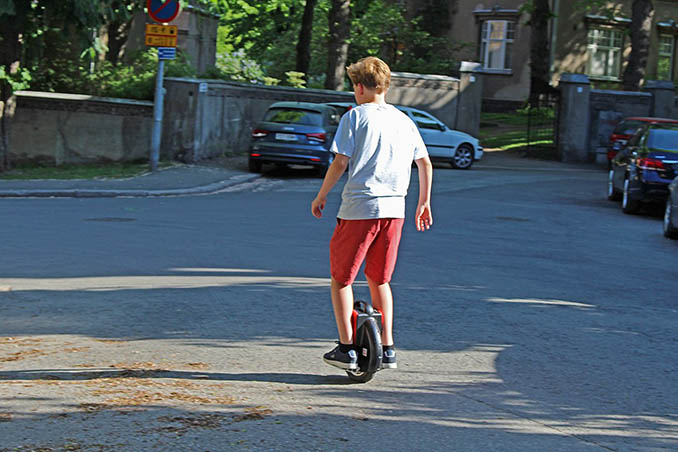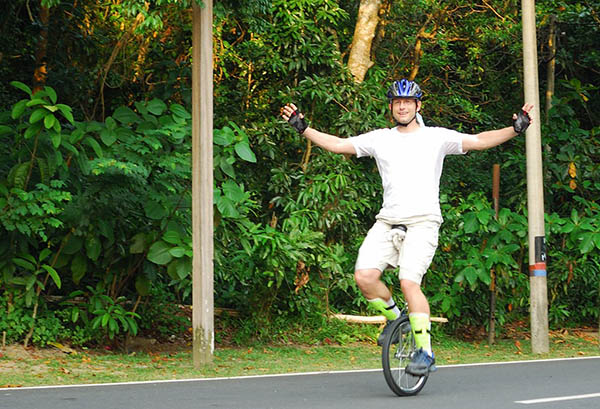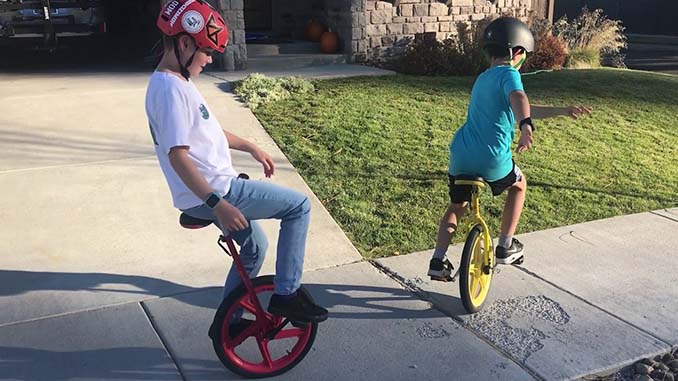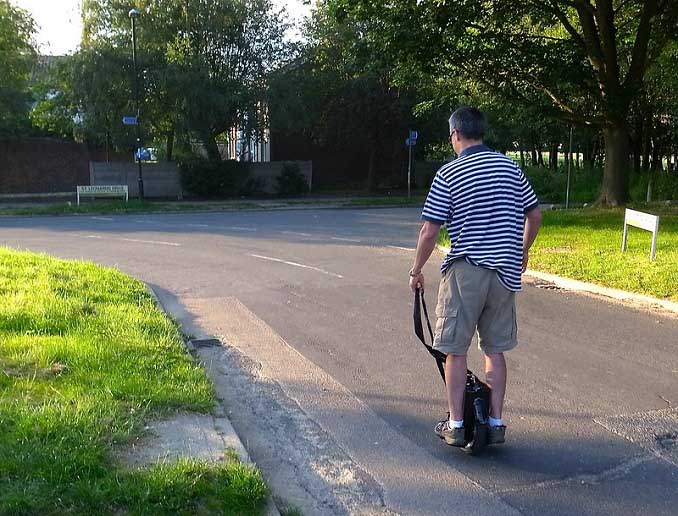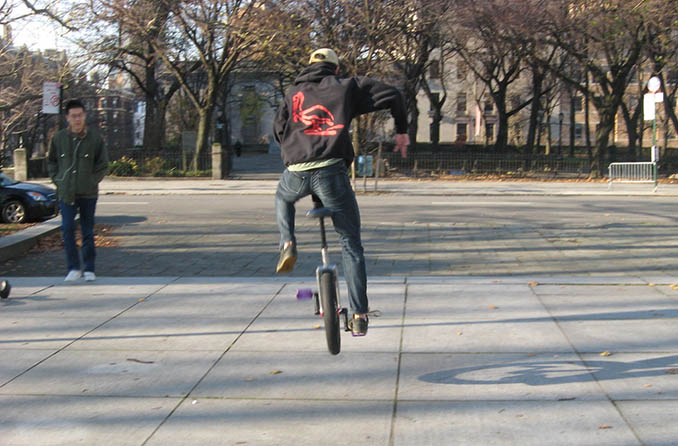Hey there, fellow electric unicycle riders! Let’s talk about something that really grinds our gears (or rather, squeaks our wheels) – the dreaded sound of squeaking. Not only is it a major annoyance, but it can also impact the strength and performance of your trusty electric unicycle. Sure, there are countless articles out there with supposed solutions to this issue, but let’s be real – they don’t cover all the cases.
When I first encountered this problem, I didn’t want to dive into the nitty-gritty of maintenance work. I simply wanted to understand why this pesky sound was happening and if it was affecting my electric unicycle’s performance. But after experiencing it across all the electric unicycles I own, I knew I had to take action.
So, in this post, I’m going to share my personal experience with solving squeaking sounds and all the different causes I’ve encountered. Trust me, every time it’s been a slightly different reason. So, let’s get down to the root of the problem and put an end to that annoying squeak for good!
Why do electric unicycles squeak?
Squeaking is a common issue with electric unicycles and can be caused by various factors. The most common reason is friction between moving parts, such as the wheel or the pedals.
This friction can be due to a lack of lubrication, misaligned parts, or even debris stuck in the moving components. Additionally, loose or worn-out parts can also cause a squeaking noise, as they may vibrate or rub against other components while the unicycle is in motion.
Another possible cause is the motor itself. If the motor bearings are damaged, they can generate a high-pitched squeaking sound when the unicycle is in use. Lastly, the squeaking may be due to a faulty brake system, particularly if the brake pads or calipers are misaligned or worn out.
Related:
The dangers of a squeaky electric unicycle
Ignoring a squeaky electric unicycle can not only be annoying but can also lead to serious safety risks. A persistent squeak can be a sign of a mechanical issue that, if left unaddressed, can worsen over time and result in an accident.
For example, a misaligned wheel or damaged motor bearings can cause the unicycle to lose balance or fail suddenly while riding.
Additionally, a squeaky unicycle can also be a distraction to both the rider and other pedestrians or cyclists on the road. This can potentially lead to accidents or collisions, as the rider may be more focused on the noise rather than their surroundings.
How to diagnose the source of the squeaking
Before you can effectively silence your ride, it’s essential to identify the source of the squeaking noise. To do this, perform a thorough inspection of your electric unicycle, starting with the most common culprits:
- Wheel and tire inspection: Check the wheel, tire, and axle for any signs of damage, misalignment, or debris. Spin the wheel by hand to see if you can recreate the squeaking noise.
- Pedal inspection: Examine the pedals and their connecting parts for any signs of wear, damage, or misalignment. Apply pressure to the pedals while the unicycle is stationary to see if you can recreate the squeaking noise.
- Motor inspection: Listen closely to the motor while the unicycle is in use to determine if the squeaking is originating from there. If you suspect the motor bearings are the issue, you may need to consult a professional for repair or replacement.
- Brake system inspection: Inspect the brake system, including the brake pads, calipers, and rotors, for any signs of wear or misalignment.
Once you’ve identified the source of the squeaking, you can move on to addressing the issue and silencing your ride.
Tips for preventing your electric unicycle from squeaking
Prevention is always the best cure, and there are several steps you can take to prevent your electric unicycle from squeaking in the first place:
- Keep it clean: Regularly clean your unicycle, paying special attention to the moving parts such as the wheel, pedals, and motor. This will help to prevent debris buildup, which can cause friction and squeaking.
- Regularly inspect your unicycle: Perform routine inspections of your electric unicycle to catch any potential issues early on. Look for signs of wear, damage, or misalignment in the various components.
- Ensure proper alignment: Ensure that all parts of your electric unicycle are correctly aligned, as misalignment can cause friction and squeaking. Consult your unicycle’s user manual for specific instructions on proper alignment.
- Avoid overloading: Overloading your electric unicycle can cause undue stress on the components and lead to squeaking or other issues. Always adhere to the manufacturer’s recommended weight limit.
Lubrication techniques for eliminating squeaks
Lubricating the moving parts of your electric unicycle is an effective way to eliminate squeaks and ensure a smooth, silent ride. Here are some general tips for lubricating your unicycle:
- Use the right lubricant: Choose a high-quality lubricant designed for use on electric unicycles or bicycles. Avoid using household oils or greases, as they may not be suitable for your unicycle’s components.
- Apply lubricant sparingly: A little lubricant goes a long way, so apply it sparingly to the necessary areas. Over-lubricating can attract dirt and debris, which can cause further issues down the line.
- Focus on key areas: Pay special attention to areas with moving parts, such as the wheel axle, pedal joints, and motor bearings. Make sure to follow the manufacturer’s guidelines for lubrication.
Tools for fixing a squeaky electric unicycle
Having the right tools on hand can make fixing a squeaky electric unicycle much more manageable. Some essential tools to consider are:
- Allen wrenches: These are useful for tightening bolts and adjusting various components of your electric unicycle.
- Lubricant: As mentioned earlier, a high-quality lubricant is essential for silencing squeaks and ensuring the smooth operation of your unicycle.
- Cleaning supplies: A soft brush, clean cloth, and mild soap are necessary for keeping your unicycle clean and free of debris.
- Tire pump: A tire pump is crucial for maintaining proper tire pressure, which can prevent squeaking caused by a misaligned or underinflated tire.
Proper maintenance for preventing future squeaking
Regular maintenance is the key to preventing future squeaking and ensuring the longevity of your electric unicycle. In addition to the tips mentioned earlier, consider the following maintenance practices:
- Check tire pressure regularly: Maintain proper tire pressure as recommended by the manufacturer to prevent misalignment and uneven wear.
- Replace worn-out parts: Regularly inspect your unicycle for signs of wear and replace any worn-out components as needed.
- Keep a maintenance log: Keep a record of all maintenance performed on your unicycle, including inspections, lubrications, and part replacements. This can help you stay on top of necessary upkeep and quickly address any issues that arise.
Troubleshooting common issues with electric unicycles
Even with proper maintenance, issues may still arise with your electric unicycle. Here are some common problems and their potential solutions:
- Unresponsive motor: If your motor is unresponsive, check the battery and connection points for any issues. If the problem persists, consult a professional for assistance.
- Decreased range: If you notice a significant decrease in your unicycle’s range, this could be due to a failing battery or motor. Consult your user manual for troubleshooting steps or seek professional help.
- Difficulty turning or maneuvering: If you’re having trouble turning or maneuvering your unicycle, check for any misaligned or worn-out components and address them as needed.
Conclusion
A squeaky electric unicycle can be an annoyance and a potential safety hazard. By understanding the causes behind the squeaking and following the tips outlined in this article, you can effectively silence your ride and enjoy a smooth, quiet experience on your electric unicycle.
Regular maintenance and inspections are crucial for preventing future squeaking and ensuring the longevity of your unicycle. With the proper care and attention, you can keep your electric unicycle running smoothly and quietly for years to come.
Frequently Asked Questions
What causes an electric unicycle to squeak?
The squeaking sound in electric unicycles can be caused by several factors such as loose bolts, dust and dirt accumulation, worn bearings, and damaged pedals.
How can I stop my electric unicycle from squeaking?
The solution to stopping the squeaking sound in your electric unicycle will depend on the underlying cause. Some common solutions include tightening bolts, cleaning the wheel bearings, and replacing damaged pedals.
Is the squeaking sound in my electric unicycle affecting its performance?
In some cases, the squeaking sound in an electric unicycle may be an indication of a larger issue that could affect its performance. It is always best to address the squeaking sound and underlying cause promptly to prevent any potential performance issues.
Can I prevent my electric unicycle from squeaking?
Proper maintenance of your electric unicycle can help prevent squeaking. Regularly cleaning the wheel bearings, tightening bolts, and checking for damage can help keep your electric unicycle in good condition and prevent squeaking.
What can I spray on squeaky brakes?
You can use a brake cleaner spray specifically designed for use on brake systems to clean and degrease the brakes. After cleaning, you can apply a high-temperature brake grease or lubricant to the appropriate areas to reduce squeaking.
Can you use wd40 on unicycle brakes?
No, WD-40 is not recommended for use on unicycle brakes as it can degrade the brake pads and reduce their effectiveness. It is important to use a brake cleaner and high-temperature grease or lubricant specifically designed for use on brake systems.
What happens if I don’t lube my unicycle?
If you don’t lubricate your unicycle, the moving parts can wear out more quickly and become damaged. This can result in decreased performance and potentially expensive repairs. It is important to regularly lubricate the chain, bearings, and other moving parts to ensure the proper functioning and longevity of your unicycle.
